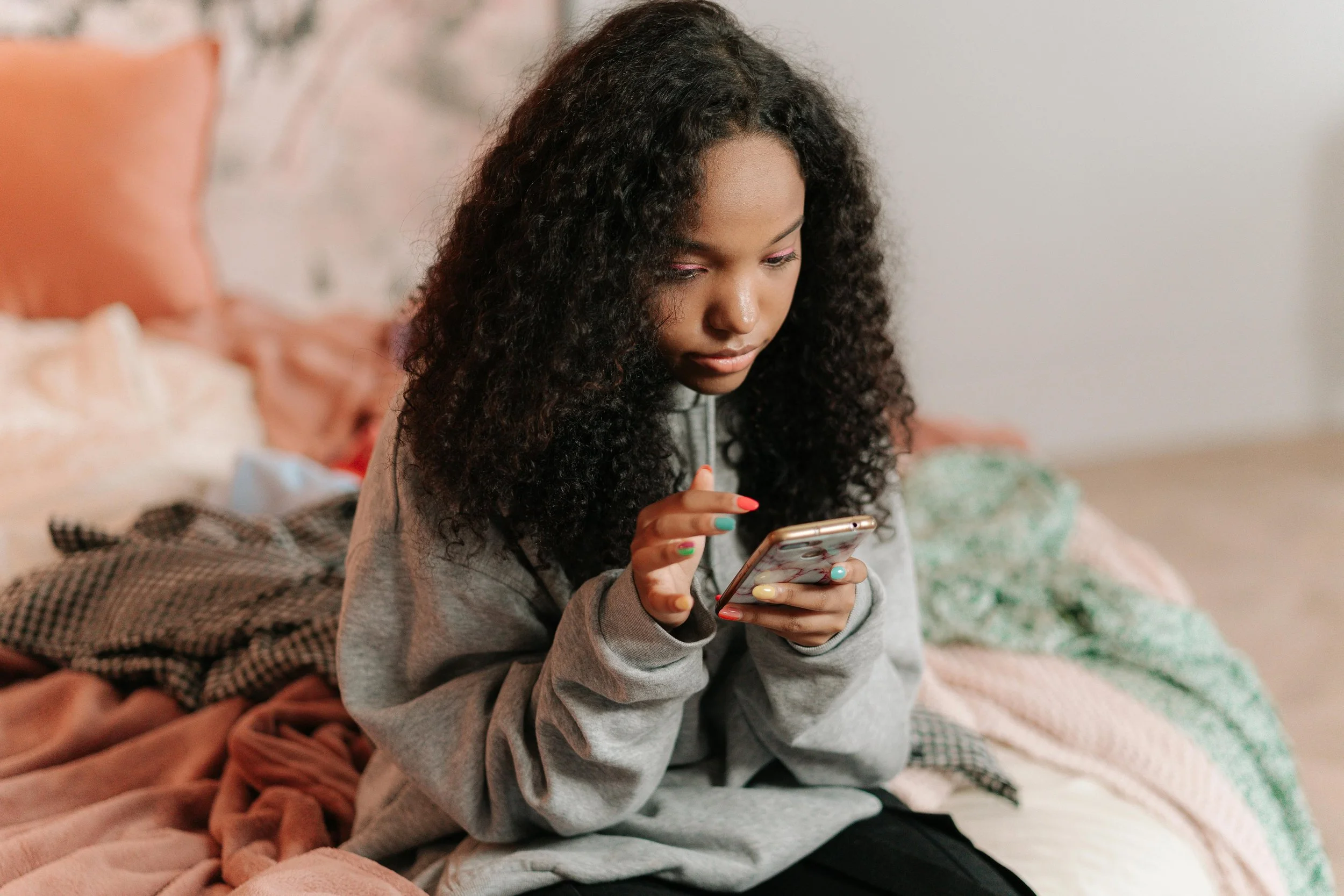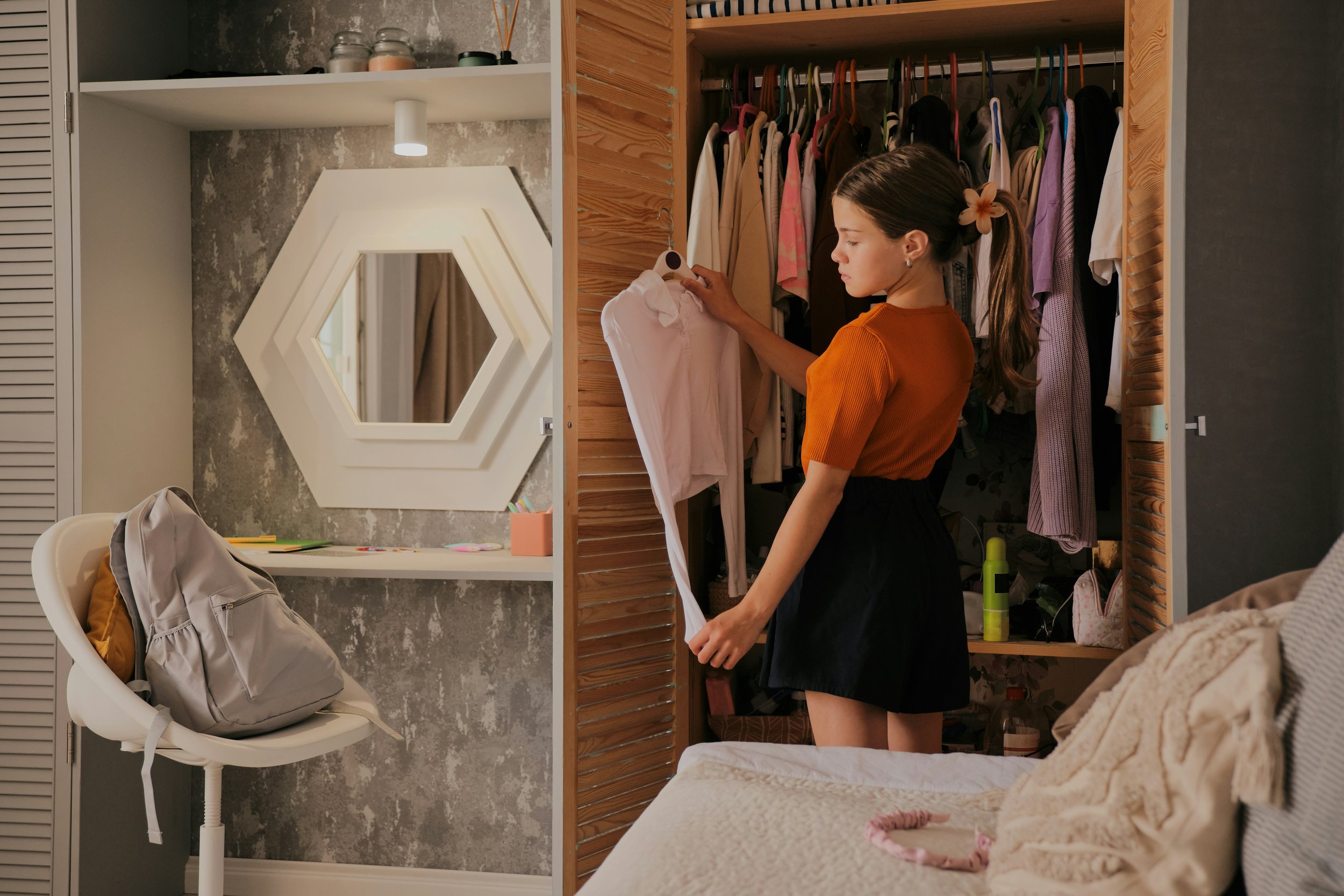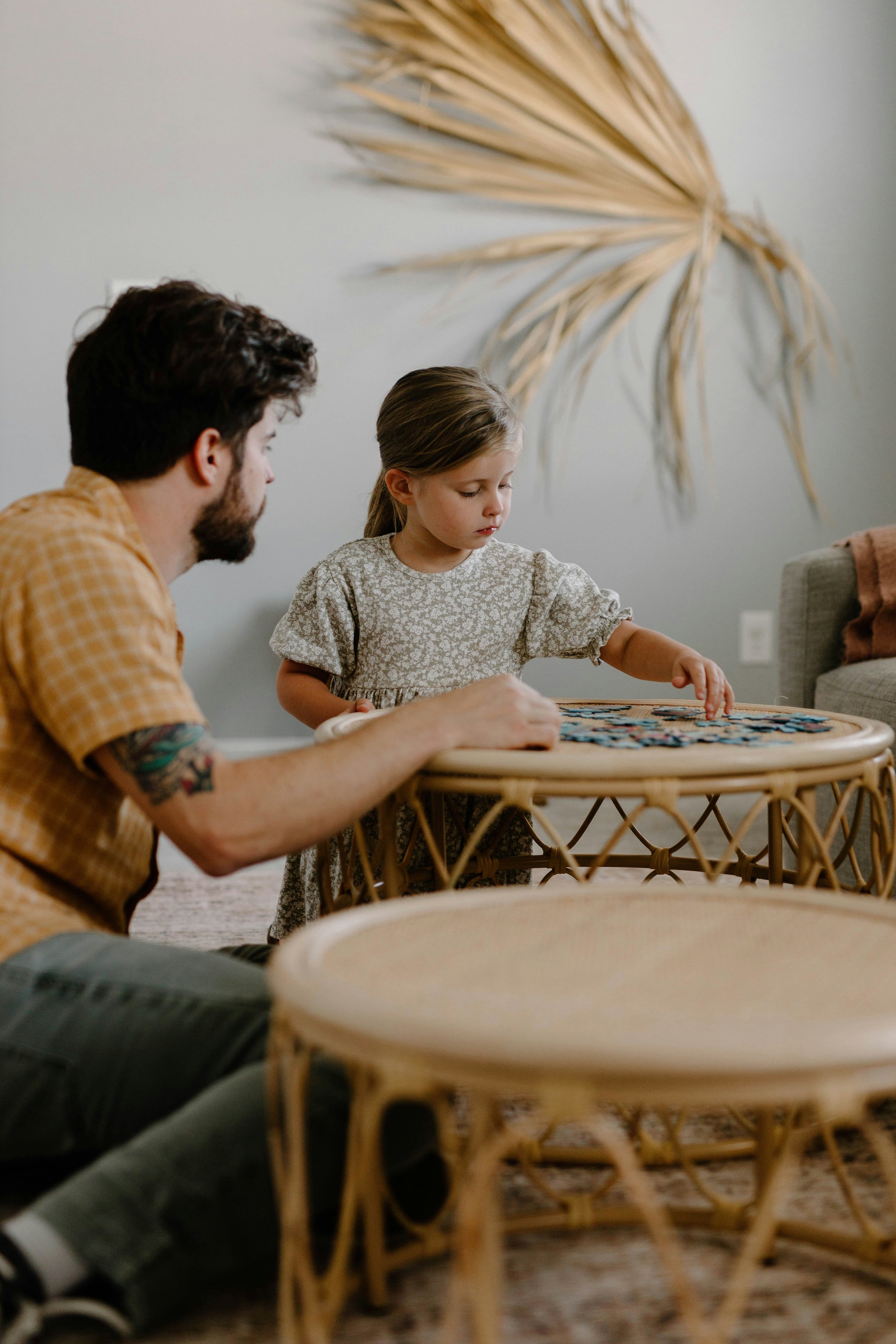Screens & Self-Esteem: What Every Parent Should Know
They’re scrolling before school, snapping photos between classes, checking likes after dinner. For today’s teens, screens aren’t just part of life, they are life. But as a generation grows up bathed in filters, algorithms, and highlight reels, there’s an urgent question parents are beginning to ask:
What is all this doing to their self-esteem?
The Digital Mirror: More Than Just a Reflection
Self-esteem, our sense of worth, confidence, and value, is formed through experiences, relationships, and identity development. But when screens become the main “mirror,” teens are no longer just learning who they are—they’re constantly comparing it to who they’re not.
Psychologist Dr. Jean Twenge, who has studied generational trends for decades, says:
“There’s a clear association between heavy screen use and lower self-esteem, especially among teen girls.”
In her research, teens who spent more time on screens, especially on visual platforms like Instagram and TikTok, reported significantly higher levels of unhappiness and body dissatisfaction.
A landmark study published in The Lancet Child & Adolescent Health (2019) found that more than three hours of social media use per day was linked to:
Lower self-esteem
Increased anxiety and depression
Greater body image issues
Another review in the Journal of Adolescence found that teens who received more feedback (likes, comments, follows) tied their self-worth more closely to external validation—and felt worse when that validation didn’t come.
In other words, screens aren’t inherently bad. But the kind of content teens consume, and the feedback loops it creates, are profoundly shaping how they see themselves.
3 Ways Screens Undermine Teen Self-Esteem
1. The Comparison Trap
Scrolling through perfectly curated posts can make a teen feel like everyone else is doing better, looking better, and living more exciting lives. Even though they know it’s a highlight reel, it still affects how they see themselves.
“I don’t post photos unless I’ve edited them,” one 15-year-old girl shared. “Because I don’t feel good enough without it.”
2. The Pressure to Perform
Likes, follows, streaks, these metrics become a digital scoreboard of popularity. Teens can begin to equate their worth with how others respond online, which fuels anxiety, self-doubt, and obsessive checking.
3. Reduced Real-World Social Practice
Over-reliance on screens can reduce face-to-face interactions, key moments where teens build social skills, resilience, and authentic self-confidence. Without those, confidence remains shallow and performance-based.
What Parents Can Do
You don’t need to throw the phone out the window. But you can help your teen develop a healthier digital relationship. Here’s how:
1. Talk About What They See
Create space for open, non-judgmental conversations. Ask:
“How do you feel after spending time online?”
“Do you ever compare yourself to others you see on social media?”
Help them name what they’re feeling, because awareness is the first step to change.
2. Model Healthy Media Habits
Teens are watching more than you realise. If you’re constantly checking your phone, commenting on your body, or fixated on online feedback, they notice. Show them what balance and digital boundaries look like.
3. Teach Them to Curate Their Feed
Encourage your teen to follow creators who inspire confidence, diversity, and honesty. Help them unfollow accounts that leave them feeling “less than.” They can’t always control the algorithm, but they can control who they engage with.
4. Prioritise Offline Confidence Builders
Support real-life experiences that build authentic self-esteem, sports, art, volunteering, part-time jobs. When teens experience success, failure, friendship, and resilience in the real world, they grow a stronger sense of self.
Screens are shaping the self-image of an entire generation. But with your guidance, your teen doesn’t have to be defined by their likes, filters, or follower count. Their worth isn’t found in a selfie, it’s in their story.
And the more we help them live it offline, the stronger they’ll become.
Sabrina is a registered psychologist with over 15 years of experience working with families, children, and adolescents.
Based in Brisbane, Queensland, Sabrina offers face-to-face appointments or Telehealth.
To make an appointment click here or call M1 Psychology Loganholme on (07) 3067 9129.
Disclaimer: The information provided on this site is for psycho-educational purposes only and is not meant as a substitute for therapy, counselling, or medical care. If you require personal mental health support, please consult a professional. In case of a crisis, contact emergency services immediately.





















